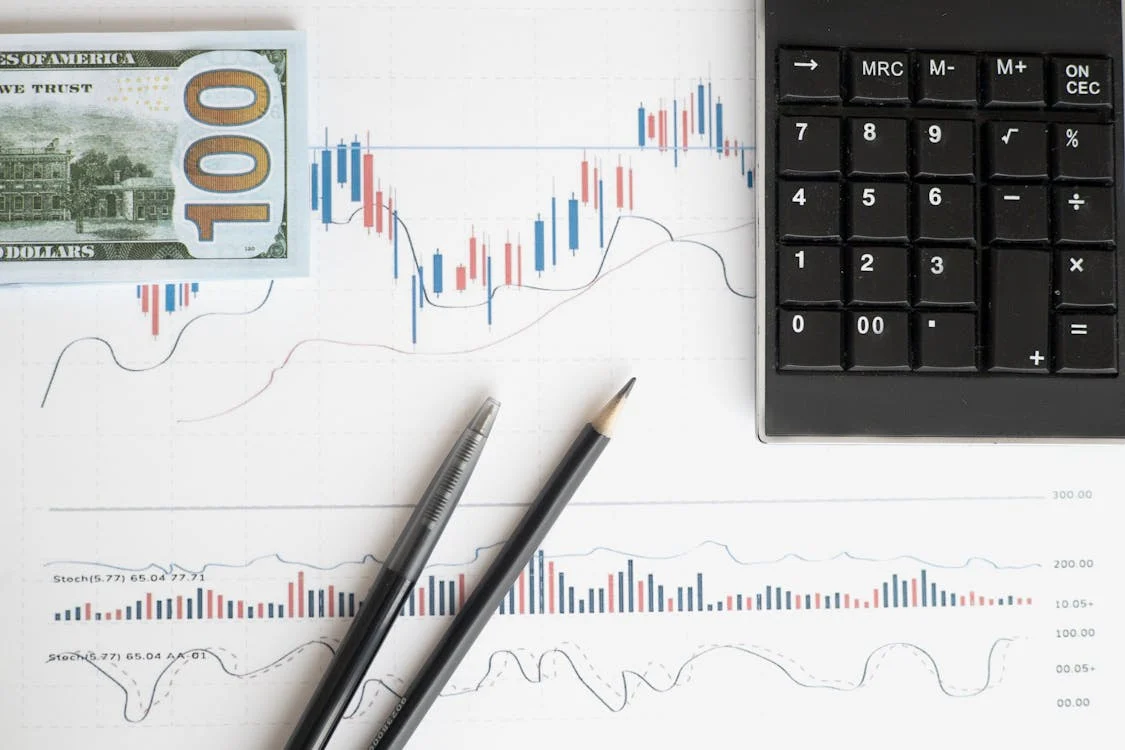The Forex market is influenced by a wide range of factors, but none are more significant than economic factors. Understanding how economic events, indicators, and trends impact the currency markets is crucial for successful trading. In this article, we’ll explore some of the key economic factors that can influence currency values and provide insights into how traders can use this information to make better decisions.

1. Interest Rates and Central Bank Policies
Interest rates are one of the most powerful drivers of currency values. Central banks, such as the Federal Reserve (Fed) in the United States, the European Central Bank (ECB), and the Bank of England (BoE), set interest rates as part of their monetary policy. These rates directly impact the value of a country’s currency.
How Interest Rates Affect the Forex Market:
-
Higher interest rates tend to increase the value of a currency because they offer higher returns on investments in that currency. As a result, foreign capital flows into that country, increasing demand for its currency.
-
Lower interest rates tend to weaken the currency as they make investments in that country less attractive. Investors may seek better returns elsewhere, leading to a decrease in demand for the currency.
Traders closely monitor interest rate changes, as these can lead to significant fluctuations in currency prices. A decision by a central bank to raise or lower interest rates can trigger a sharp move in the Forex market.
2. Inflation and Economic Growth
Inflation refers to the rate at which prices for goods and services rise, reducing the purchasing power of money. Economic growth, on the other hand, is a measure of the overall expansion of an economy.
How Inflation and Economic Growth Impact Currency Values:
-
Low inflation typically indicates a stable economy, which can lead to stronger currencies. Central banks prefer to keep inflation in check, and low inflation rates often reflect healthy economic conditions.
-
High inflation, on the other hand, erodes the value of a currency because it decreases its purchasing power. Countries with high inflation rates often experience a decline in their currency value.
-
Economic growth tends to increase the demand for a currency. A country that shows strong GDP growth is often seen as a more attractive place to invest, leading to an increase in demand for its currency.
Forex traders watch economic indicators like the Consumer Price Index (CPI) and Gross Domestic Product (GDP) data to gauge inflation and growth trends and predict potential currency movements.
3. Employment Data and Unemployment Rates
Employment statistics, particularly the non-farm payroll (NFP) report in the United States, are crucial indicators for Forex traders. These reports provide insights into the health of the labor market and give clues about future economic activity.
How Employment Data Affects the Forex Market:
-
Strong employment data typically indicates a robust economy, which can lead to stronger currency values. More jobs generally lead to higher consumer spending, boosting economic growth.
-
High unemployment rates signal economic trouble and can lead to a weakening of the currency as it suggests sluggish growth and lower consumer confidence.
Unemployment data can cause significant price movements in the Forex market, especially when released from major economies like the U.S. or the Eurozone.
4. Trade Balance and Current Account Deficits
The trade balance is the difference between a country’s exports and imports. A country with a trade surplus exports more than it imports, which generally strengthens its currency. A trade deficit, where a country imports more than it exports, can lead to a weaker currency.
How Trade Balances Affect the Forex Market:
-
Trade surplus: Countries with a surplus often see increased demand for their currency as foreign buyers need to purchase the domestic currency to pay for exports.
-
Trade deficit: Countries with a deficit need to borrow more foreign capital to finance the deficit, which can weaken the currency.
Forex traders keep a close eye on trade balance reports and current account figures to assess a country’s external economic health and its impact on the currency market.
5. Geopolitical Events and Risk Sentiment
Geopolitical events such as political instability, elections, wars, and natural disasters can have significant impacts on currency prices. These events often create uncertainty and affect the market’s risk sentiment.
How Geopolitical Events Affect the Forex Market:
-
Political stability typically strengthens a country’s currency as investors seek safer environments for their capital.
-
Geopolitical risks such as conflicts, elections, or government instability can lead to a weakening of the currency, as investors may move their money to safer assets like the U.S. dollar or gold.
Traders must remain informed about global events that may influence the market’s risk appetite. Risk-off sentiment often leads to a flight to safer currencies, while risk-on sentiment tends to favor riskier assets and currencies.
6. Commodity Prices and Currencies
Many countries’ economies are closely tied to the prices of commodities such as oil, gold, and agricultural products. Commodity-exporting nations like Canada, Australia, and Russia are heavily affected by changes in the prices of these goods.
How Commodity Prices Affect Currencies:
-
Rising commodity prices can strengthen the currencies of commodity-exporting countries, as higher commodity prices increase their export revenues.
-
Falling commodity prices can weaken the currencies of commodity-exporting nations, as their revenues from exports decrease.
For example, if the price of oil rises, the Canadian dollar (CAD) often strengthens, as Canada is a major oil exporter.




